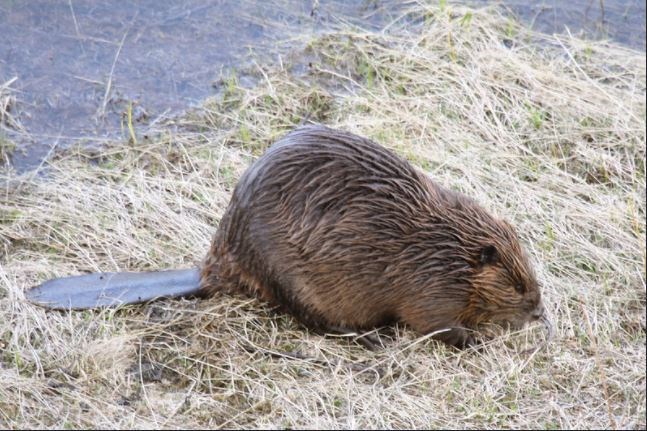DULUTH, Minnesota — One of the most comprehensive studies ever done on beavers provides new evidence of the important role they play in freshwater conservation and ecosystem stability.
"The scale of this study – spanning 70 years and five different watersheds – is really unprecedented," says co-author Tom Gable, a postdoctoral researcher in the University of Minnesota's Department of Fisheries, Wildlife, and Conservation Biology.
The study was conducted by the Natural Resources Research Institute at the University of Minnesota Duluth, and looked at watersheds near Lake Superior in northeastern Minnesota.
The study results were recently published in the journal Ecography.
It suggests that beavers can be a biological tool to help buffer ecosystems against disturbances and alterations including those caused by human impacts and climate change.
Biologists classify beavers as ecosystem engineers – species that benefit other species by physically altering their environment.
Lead study author Sean Johnson-Bice, who studied beavers for his master's degree at UMD, is currently a PhD student at the University of Manitoba.
A University of Minnesota press release quotes Johnson-Bice as saying that, in combination with other recent research on beaver population dynamics, the results demonstrate the resilience and stability that beaver populations have within landscapes..
"Their populations at a landscape scale appear relatively unaffected by environmental conditions, and, as such, they can be key drivers of freshwater habitat diversity and promoting ecosystem stability," he said.
Using aerial imagery captured between 1948 and 2017, the research team evaluated how beavers influence water storage near Lake Superior.
Their findings included:
- beavers are major drivers of water retention in ecosystems, suggesting that restoring beaver populations in areas they no longer inhabit could help meet freshwater conservation objectives
- the longer that beavers are present in an ecosystem, the more that old and abandoned ponds help contribute to water storage
- at larger spatial scales, beaver populations are resilient to moderate environmental and human disturbances
- even though beaver populations in each of the five watersheds studied showed considerable variation in size, water storage remained stable across the entire region (essentially, changes in beaver population size in one watershed would be counterbalanced by changes in the others)
Gable said the work will be valuable to many conservationists, scientists and citizens who want to understand how reintroduced beaver populations can have a positive impact on ecosystems.
